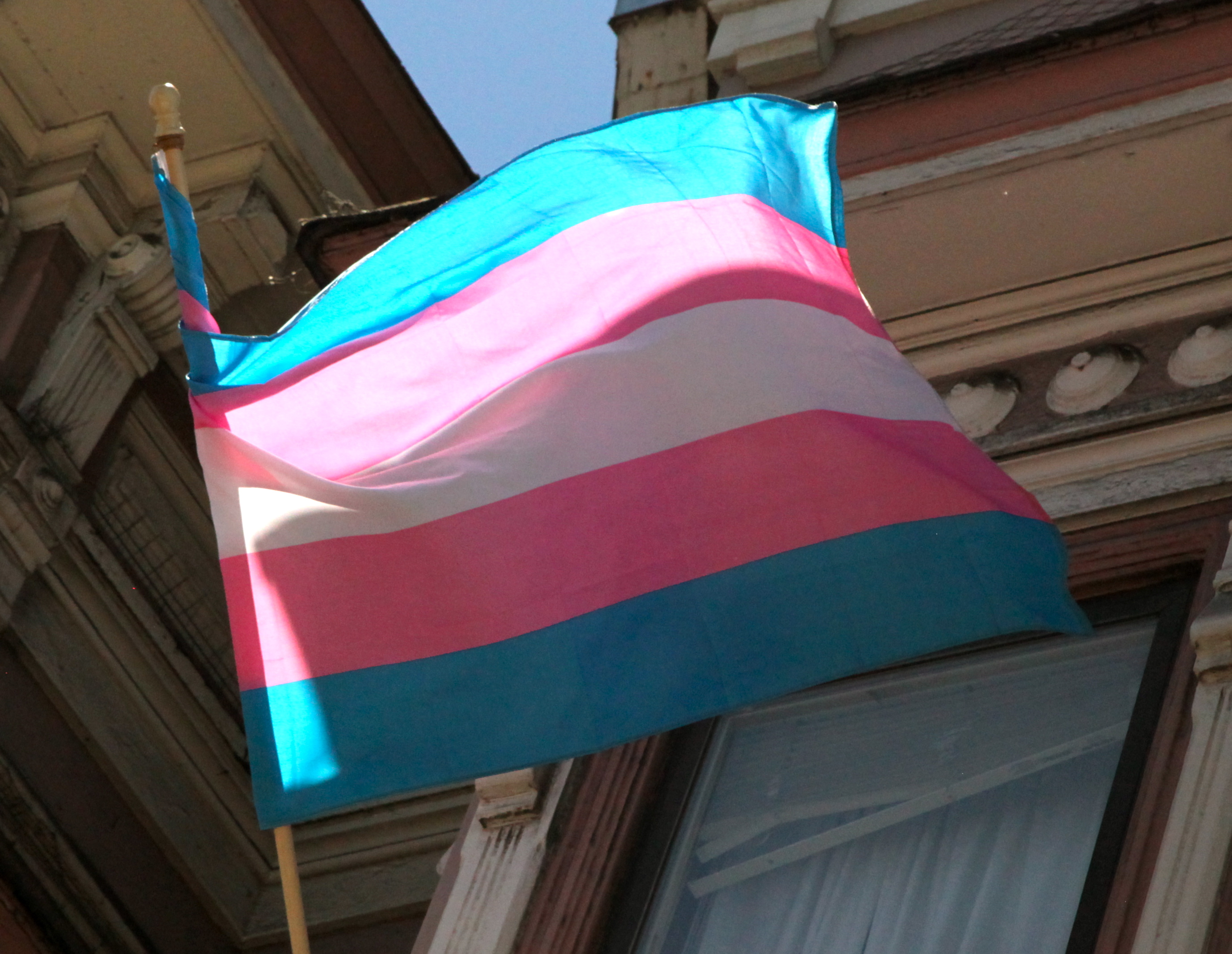Kathleen Stock, a philosophy lecturer at Sussex University, met with controversy after criticising the government’s reform of the Gender Recognition Act (2004). The amendment would ‘de-medicalise’ the legal process for changing gender. This would increase emphasis upon self-identification rather than requiring a medical diagnosis or certificate.
Stock believes that this could leave natal females vulnerable, especially when sharing spaces with trans women. She allegedly told The Argus “many trans women are still males with male genitalia, many are sexually attracted to females, and they should not be in places where females undress or sleep in a completely unrestricted way”.
This led to a backlash on social media and Stock accused some students and The Students’ Union of launching a public protest against her. The Students’ Union has been contacted for comment.
Our News Editor, Jessica Hubbard, spoke with Stock online.
Do you feel that the Internet i.e. social media is an unsuitable platform for discussion on trans identity?
I think it can be helpful if used well, to communicate both sides of the argument, but undoubtedly the algorithms behind Twitter and Facebook tend to polarise debate and exacerbate negative emotions (because negative emotion leads to more clicks, which leads to more revenue). There are a small group of people on the internet only out to cause discord, which doesn’t help.
Do you believe that the rights of some groups could be considered irreconcilable with the rights of others? For example, you have talked about the threat to natal womens’ rights in opposition to those of trans women.
I believe that the rights of trans women and natal females to live lives free of violence, threat, discrimination, and harassment are totally compatible and should both absolutely be upheld. I feel very strongly about this. The difficulty lies in the current claim, made by trans activist organisations, that the solution to violence against trans women is their sharing spaces with natal females like hostel dormitories, women’s prisons, and communal changing rooms.
This is problematic as a general UK-wide social solution because of the general issue of male violence against females. It effectively removes protections for females based on their biological sex. These protections are instantiated in Equalities law and should be kept, in my view. Many companies and organisations are ignoring these protections by making spaces ‘gender neutral’.
Trans people have historically had their identities questioned and equated to mental illness, much like homosexual individuals. Do you think this could be a reason why debate over trans identity is considered taboo and met with anger among other emotions?
I think that’s one of the reasons, yes. The UK government’s current online consultation is on whether gender reassignment should happen as a matter of ’self-identification’ i.e by filling in a form, without any medical or any period of living in one’s preferred gender. It also asks about Equalities law and the role of sex-based and gender-reassignment-based protections. To hear people expressing public misgivings about self-ID must be very difficult for some, and feel very personal, though it is not intended to be personal, at all. But equally, it feels highly personal and upsetting to many females, especially assault survivors, to hear that they are no longer entitled to have their own spaces.
I also know many transsexuals who have had severe gender dysphoria, who are alarmed at the militant direction that trans activist organisations are taking, and who oppose self-ID.Trans people are a very diverse group, and they have a range of different views, but you don’t often hear this from trans activist organisations.
The slogan “Nothing with us without us” has been used widely as of late. Do you believe that trans people should be key shareholders and consultants in the legislation and regulations surrounding them?
Yes, I absolutely agree that trans people are key shareholders and consultants in this debate, and should be listened to. I just also think that redefining the category of women also involves other key voices too, who should also be listened to just as attentively: females; transsexuals who oppose self-ID; and lesbians, whose category is also currently being redefined to include pre-operative trans women.
Would you say that your discussion, and the discussion of trans identities in general, has been sensationalised by the media?
Yes! And it doesn’t help. I think when reading articles on this, it always helps to remember that the interviewee of an article is not responsible for the headline, or the captions. and that the journalist has often selected the most sensationalist quotes, and left other more moderate points out.
To view the full article on these issues and Trans Pride, please see the Freshers Print Edition.
Image Credit: torbakhopper on Flickr.

